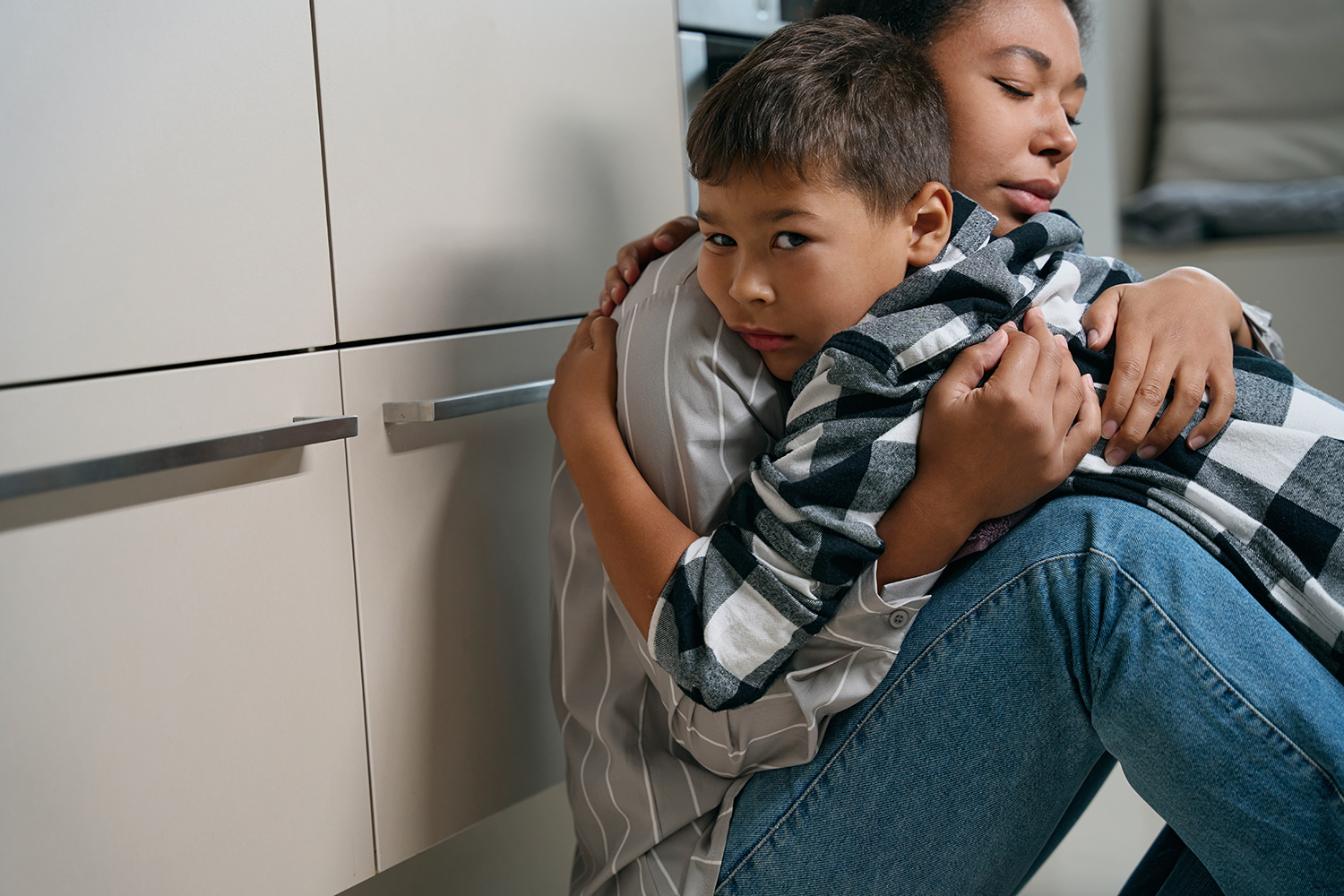When is Separation Anxiety Normal?
Is your kiddo suddenly clinging to you like a koala bear? Separation anxiety can affect children of all ages, from toddlers to teens. It's natural to feel uneasy and overwhelmed by these emotions. Keep reading to discover what's typical in child development and what situations require additional support, including how to effectively spot separation anxiety in children. Together, we can equip our children with the tools they need to navigate these challenges with resilience.
Whether you're considering counseling for kids in Texas or looking for support for parents, you're in the right place. Let's turn tearful goodbyes into meaningful growth journeys, empowering our children to embrace change with courage!
Is Separation Anxiety Normal in Older Kids?
Many parents may be surprised to learn that separation anxiety can persist in older children, including preteens and teenagers. At the same time, it is not very common in this age group; about 4-5% of children aged 7 to 11 still experience Separation Anxiety Disorder. Recognizing how to spot separation anxiety in children is crucial for providing effective support. It often manifests differently in this age group, so understanding the specific signs and symptoms can help address their unique needs.
What Causes Separation Anxiety and How to Spot It in Children
Separation anxiety can have various causes. Genetics may be a contributing factor, as anxiety tends to run in families. Significant life changes can also trigger these feelings, such as moving, starting a new school, or dealing with a loss. Understanding these causes is an integral part of knowing how to help my kids navigate anxiety with empathy and effective strategies.
Separation Anxiety Signs to Watch For
Excessive clinginess or refusal to separate: Your child may become excessively clingy and refuse to leave your side, even briefly. They may experience intense distress or throw tantrums when separated from you or their primary caregiver.
Persistent worry about harm or loss: Your child may have ongoing and unrealistic worries about something terrible happening to you or other family members while they're away. They might fear getting lost, being kidnapped, or that you will not return.
Refusal to sleep alone or away from home: Your child may refuse to sleep alone or insist on sleeping in your room. They may also refuse to attend sleepovers or overnight trips due to anxiety about being away from home.
Physical complaints before separations: Your child may complain of physical symptoms such as headaches, stomachaches, or nausea before separations, such as going to school or leaving for an activity.
Excessive distress or panic attacks: Older children and teens may experience intense distress, panic attacks, or even refusal to attend school or activities when separated from you or their primary caregiver.
Supporting Your Child Through Separation Anxiety
As a parent, it's normal to feel confused, frustrated, or even guilty when your child struggles with separation. The good news? You're not alone, and there are ways to help them. Here's where to start:
Practical Strategies for Separation Anxiety
While professional help is a great resource, there are also practical ways to help your kids at home:
Establish Consistent Routines: Predictable routines help children feel secure and in control.
Practice Short Separations: Gradually leave them with trusted family or friends to build independence.
Create a Goodbye Ritual: Special handshakes, hugs, or phrases reassure them before you part.
Offer a Comfort Object: A small familiar item, like a photo or stuffed animal, can keep them grounded.
Stay Calm and Encourage Small Wins
Your calm presence can help your child feel secure. Each small step toward independence counts, so celebrate even tiny wins. Support for parents is just as critical—lean on resources to help you stay patient and consistent.
Seek Professional Help When Needed
Sometimes, the best solution is to consult a professional. Counseling for kids in Texas can make a big difference by providing tailored strategies and emotional tools for your child. Many counselors offer in-person and online sessions, making therapy more accessible for busy families.
Remember, you're not alone in this journey. While separation anxiety can be challenging, learning how to spot separation anxiety in children and implementing strategies can transform this phase into a growth opportunity. For additional help, contact The North Texas Adult & Child Counseling Center. Our compassionate therapists specialize in counseling kids in Texas and guidance for families. Your child can overcome anxiety and thrive with patience, the right tools, and ongoing support. You've got this—and so do they!




